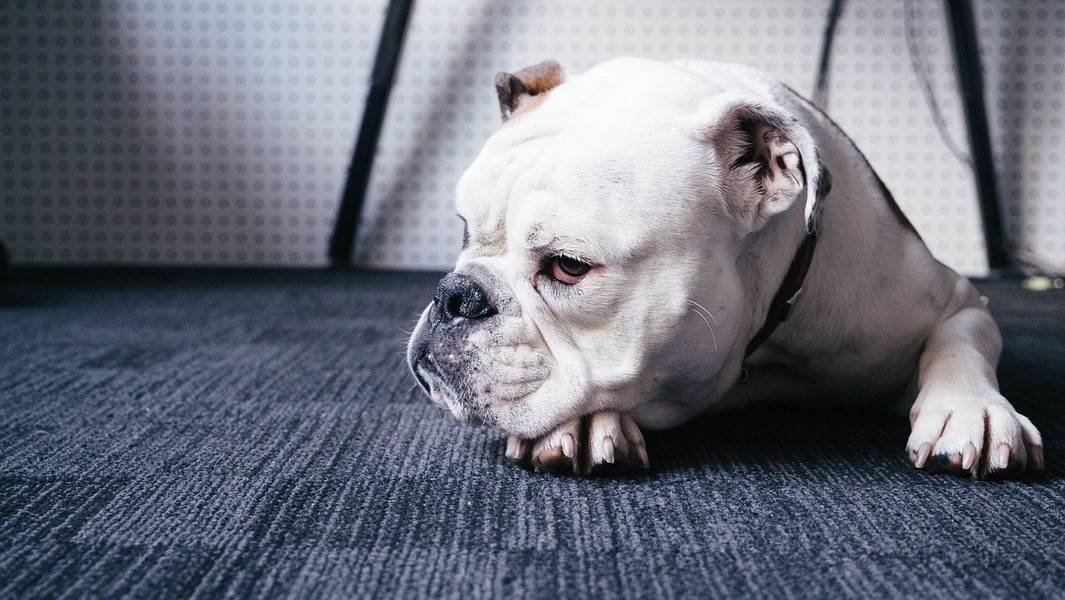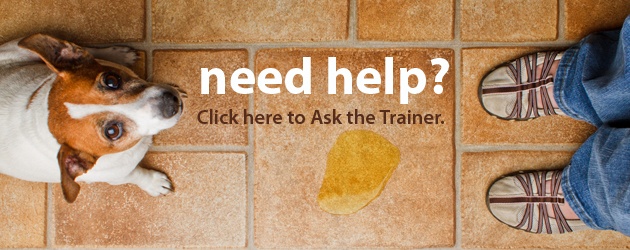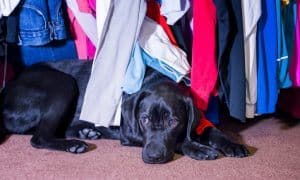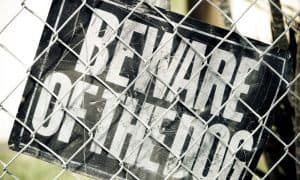“This post contains affiliate links, and I will be compensated if you make a purchase after clicking on my links.”

“Hi Steve, My 18 month old Goldendoodle simply does not listen. He will not come when I call and completely ignores me when he is distracted. What can I do?” – Emily C.
This is a very common complaint for so many dog owners. It simply comes down to the fact that your dog does not have the level of obedience necessary. He has learned to ignore you and had not learned to default to your guidance when overly distracted.
Most dogs learn to ignore their owner’s command, pay little attention to where their owner is or what their owner is saying. Why is that? We tell our dog to do something, but we never follow through. Thus, your dog learns they can ignore you and only listen when they feel like it. This is a terrible precedent to set. Remember…It’s not what you preach, but what you tolerate.
So what do you need to do? You must follow through on everything you ask of your dog. Even if you let your dog ignore you just 2 out of 10 times. That is a high enough probability that your dog is willing to try for. They will try to ignore you in hopes of you not following-up. Now don’t get me wrong, your dog is not being spiteful, mean, or whatever other emotion you want to attach to it. They are simply doing what works for them, and I can’t blame them! It only makes sense that they will choose to chase a squirrel in the backyard, rather than coming inside when you call.
There are a number of ways to troubleshoot this, but one of the biggest mistakes owners make is that they left their dog off-leash too soon. It’s vitally important that you have positive control over your dog, so you can keep them safe and ensure they will listen to your commands. Owners want their dog to listen to them when the dog is off-leash, but you first must ensure your dog will reliably listen when on-leash first. As the old saying goes, you must walk before you can run.
This is why I stress to all of my clients, that they have a leash on their dog when their dog is supervised. You should never leave a leash on your dog when unsupervised, at night or when left alone in their crate. Until I am confident my dog has learned how to make appropriate choices and listen to my verbal commands, I will have the dog on a short 2-6ft. leash in the home or dragging a 20ft. long line when outside in the yard. Having a leash on when supervised, allows me to ensure that my dog listens when I ask them to “Come”, “Leave It”, “Stay”, etc.
My goal is to sufficiently teach and reinforce commands/expectations around varying levels of distractions, such that it feels like I never have to use the leash. At that point, I could then consider moving to the off-leash part of training (which is a subject for another day).
I hope this helps to ease some owner’s frustration and help to set your dog up for success and better reliability.
Professional Dog Trainer Steve Reid, is owner of Westchester NY based S.R. Dog Training. For more information about Steve, visit www.srdogtraining.com. Please also become a fan of Steve on Facebook at: www.Facebook.com/SRDogTraining.




















Amy P.
Jun 24, 2021 at 8:41 pm
I took my puppy from a dog foster home about a year ago. I love him to bits; he has a great personality, and I feel that he loves our family so much. BUT whenever I take him for a walk, we have problems. How do you stop a dog from pulling when walking?
My husband and I were thinking about taking him to ‘doggy school’, but then again, it’s extremely expensive, and the nearest ‘doggy school’ is far away from us. Maybe you have some advice? THANK YOU!!!!